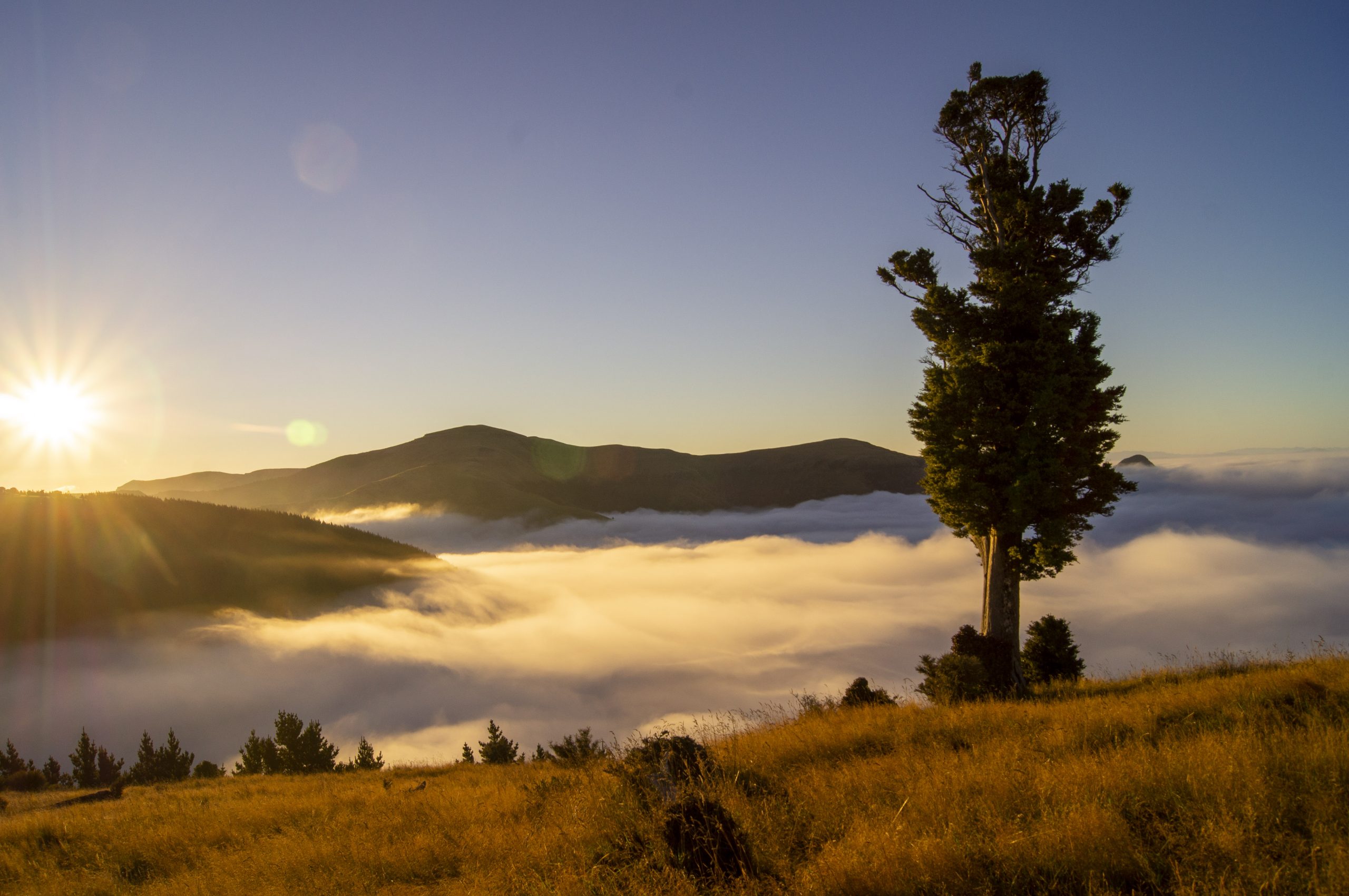
Native Planting Guide
Following is a list of trees that typically occur on Banks Peninsula, both now and in the past. The “past” in particular being the podocarps.
The best way to regenerate is to ecosource seeds and cuttings from native plants in our environment. Hinewai for example only uses seeds from within 1km of the reserve. Why? It means the plants will be suited to local conditions and more likely to survive. And by using ecosourced native plants you will help maintain the area’s unique local characteristics. Ecosourcing also avoids the risk of planting species which are not native to the local area and which could become invasive.
DOC has a great seed collection and propagation guide for native trees and shrubs, definitely worth reading if this is your path.
But growing your own does take time, so you’ll be forgiven then for wanting to take a faster route!
Where to buy your Native Plants?
There are some great local nurseries that as a rule do source seed locally, and they are worth supporting.
- Living Streams Community Nursery is based in Little River and exists to locally source seeds and help revegetate our local area. It’s run by volunteers, is open on Saturday and Wednesdays and is possibly the best place to source your plants. Very well priced.
- DOCs nursery at Motukara is also very good and generally sources seeds locally. It’s worth stopping into see Jess, but they have been very low on stock for the past 12-18 months due to demand, so supplies maybe be limited. Also very well priced.
- Next up is Trees for Canterbury. This is another great community initiative and they also locally source all their seeds. You may pay a little more here at retail price, but you can be sure you’ll be getting great quality plants.
- While not maybe as locally sourced, we also like Kiwiflora Nursery on Waterholes Rd in Templeton. They supply a lot of plants to the Christchurch City Council are are all general very good quality, and well priced. They have a smallish public nursery, and then a very much larger wholesale area if you are seeking higher volumes.
Fast Growing/Early Colonisers
At Hinewai, Hugh Wilson has successfully used gorse as a highly effective temporary nurse canopy for native regeneration. We’re not suggesting you plant gorse (!), but regenerating native plants benefit from shelter and protection. The following species provide an excellent habitat and food source for native birds, while providing an ideal understory for larger trees to regenerate.
Wineberry (Makomako)
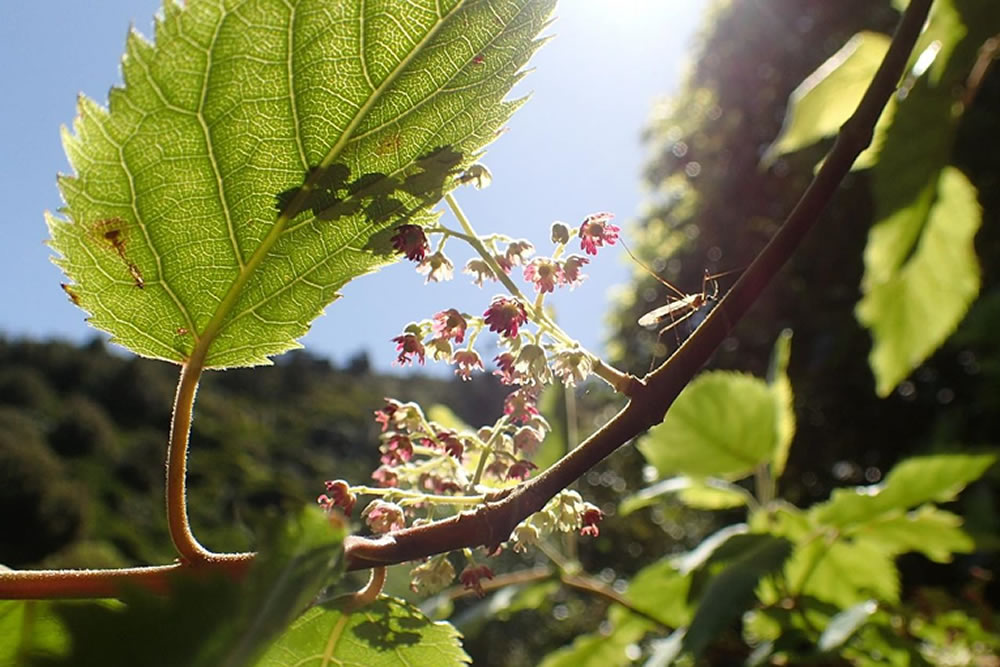
- Fast growing
- Mature Height: 6m
- Tolerates dry and wet
- Tolerates wind
- Bird Friendly
- Eaten by possums
Kanuka
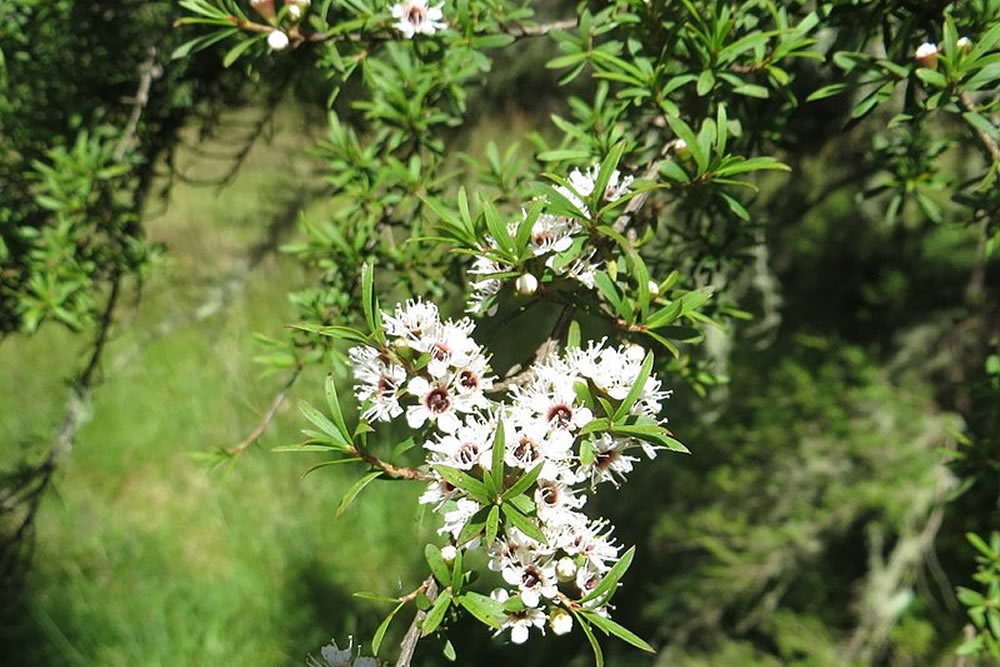
- Fast to medium growth
- Mature Height: 8m
- Tolerates dry
- Tolerates wind
- Bee Friendly
- Possum hardy
Lacebark (Hoheria)
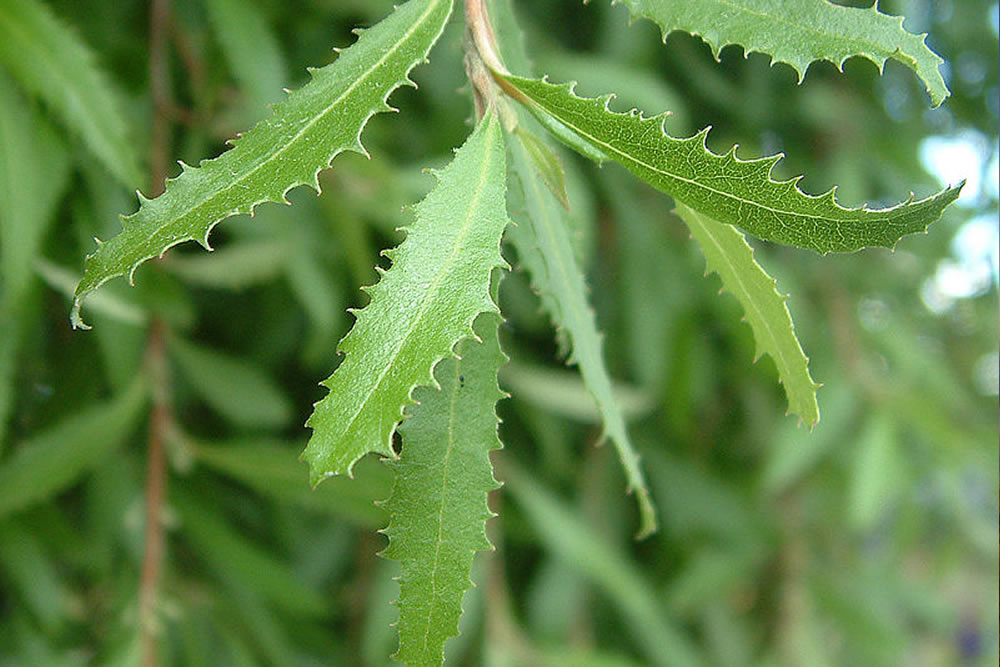
- Fast to medium growth
- Mature Height: 6m
- Tolerates dry and wet
- Tolerates wind
- Bee Friendly
- Eaten by possums
Ribbonwood (Manatu)
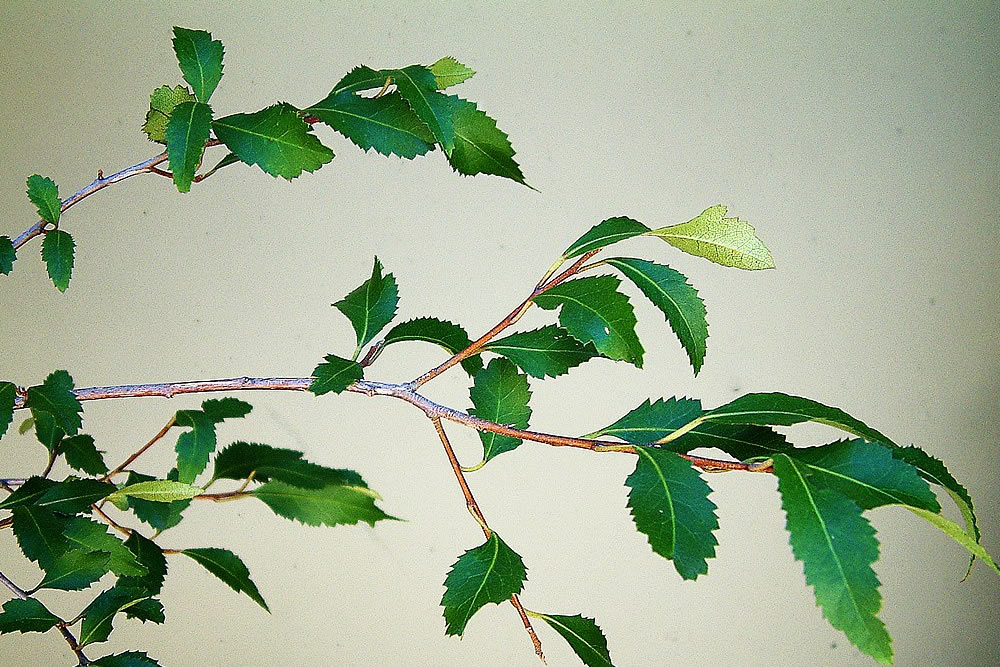
- Fast growing
- Mature Height: 10m
- Tolerates dry and wet
- Tolerates wind
- Bird Friendly
- Eaten by possums
Five Finger (Whauwhaupaku)
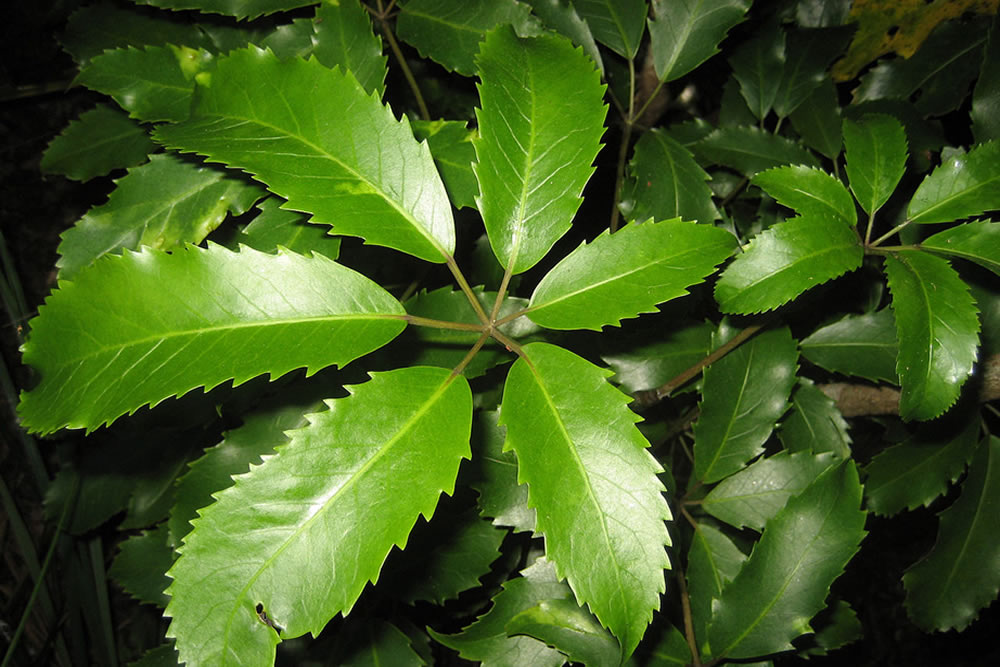
- Fast to medium growth
- Mature Height: 6m
- Tolerates dry and wet
- Tolerates wind
- Bird Friendly
- Eaten by possums
South Island Kowhai
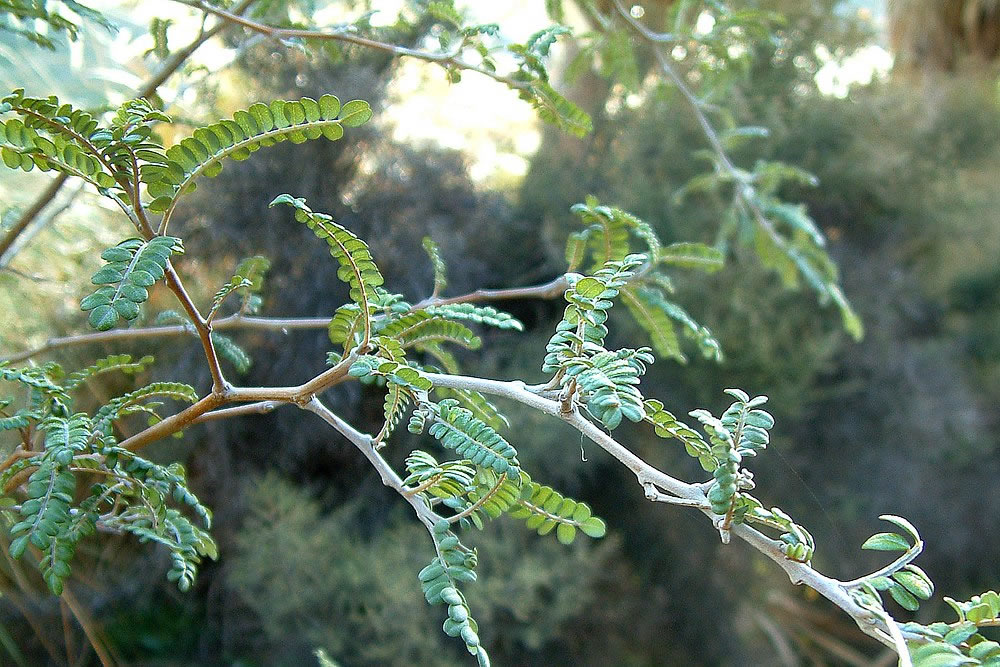
- Fast to medium growth
- Mature Height: 8m
- Tolerates dry
- Tolerates wind
- Bird Friendly
- Possum hardy
Cabbage Tree (Tī kōuka)
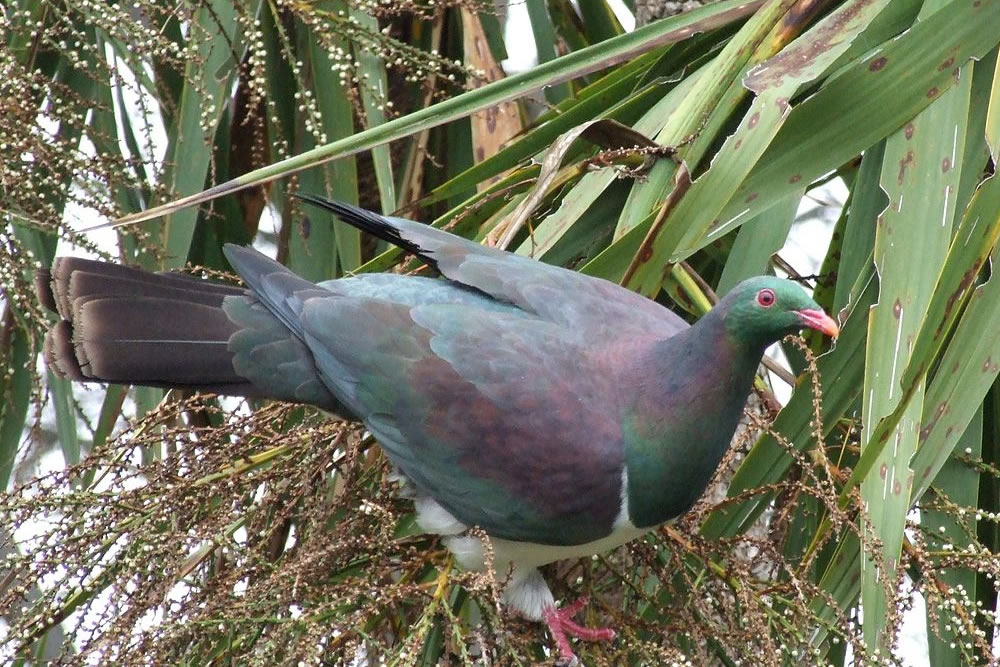
- Fast to medium growth
- Mature Height: 10m
- Tolerates dry and wet
- Tolerates wind
- Bird Friendly
- Possum hardy
Whiteywood (Mahoe)
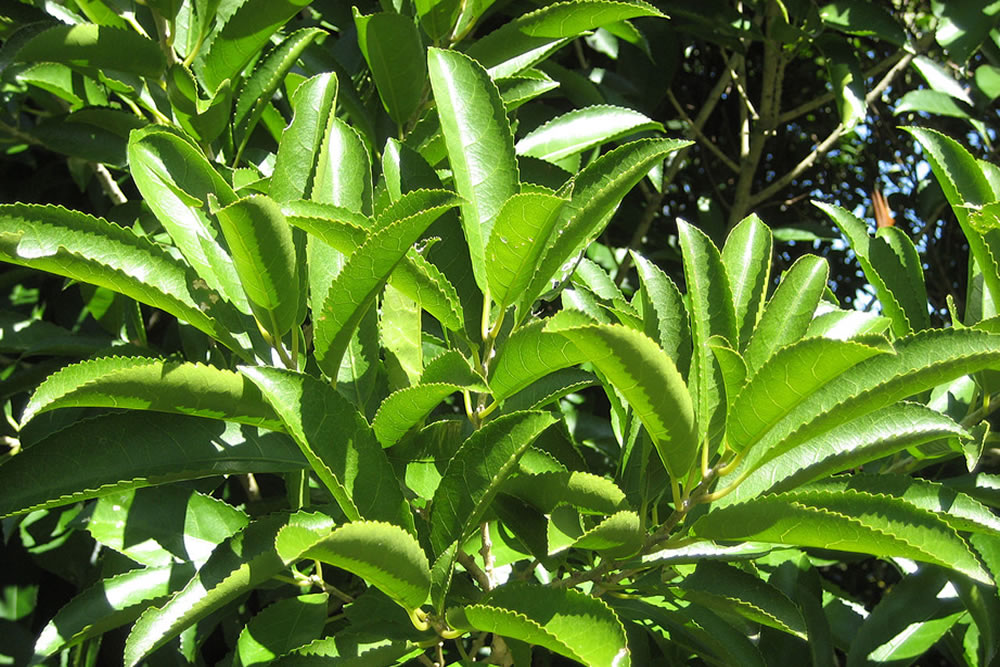
- Fast to medium growth
- Mature Height: 8m
- Prefers wet
- Tolerates wind
- Bird Friendly
- Favourite possum food!
Slowler Growing/Larger Native
Nestled in the shelter of the early colonisers come a second growth of larger trees, all again very bee and bird friendly.
Bellbird Tree (Kaikōmako)
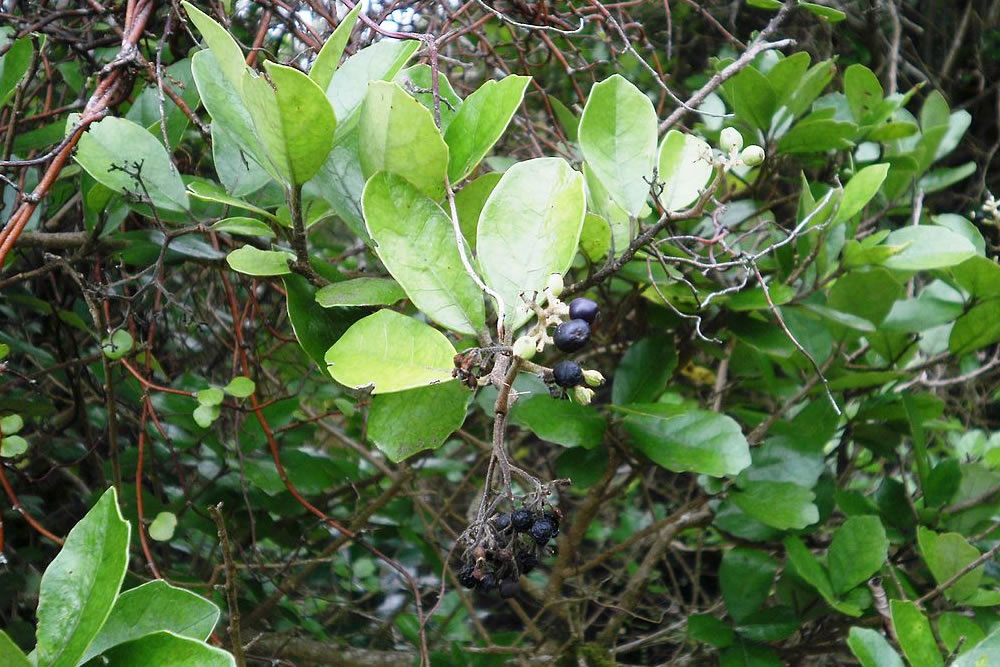
- Medium growth
- Mature Height: 6m
- Prefers wet
- Tolerates wind
- Bird Friendly
- Possum hardy
Lancewood (Horoeka)
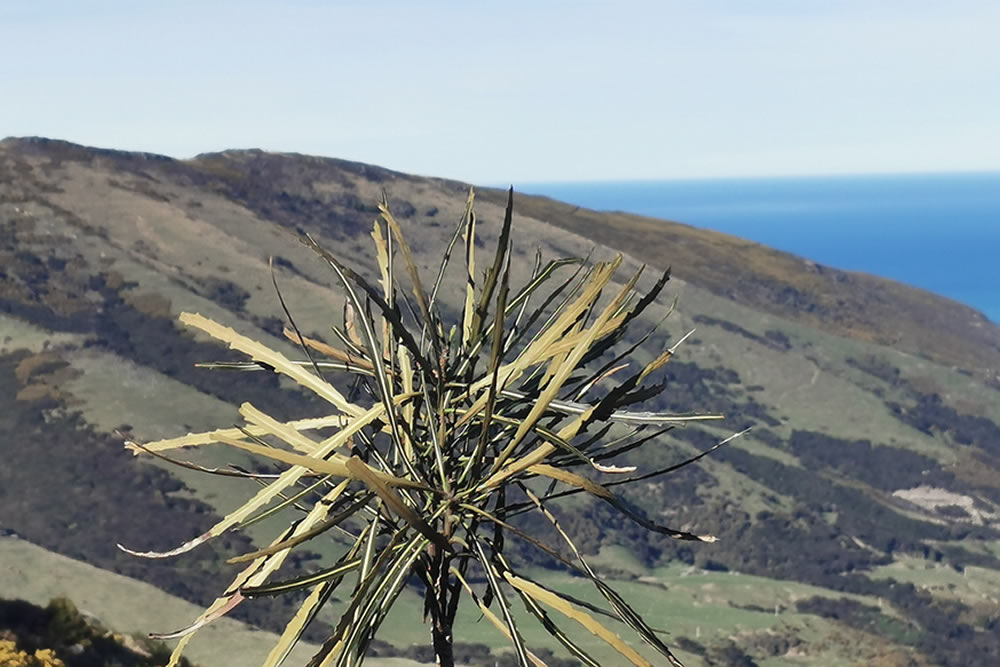
- Medium to slow growth
- Mature Height: 8m
- Tolerates dry
- Tolerates wind
- Bird Friendly
- Possum hardy
Pigeonwood (Porokaiwhiri)
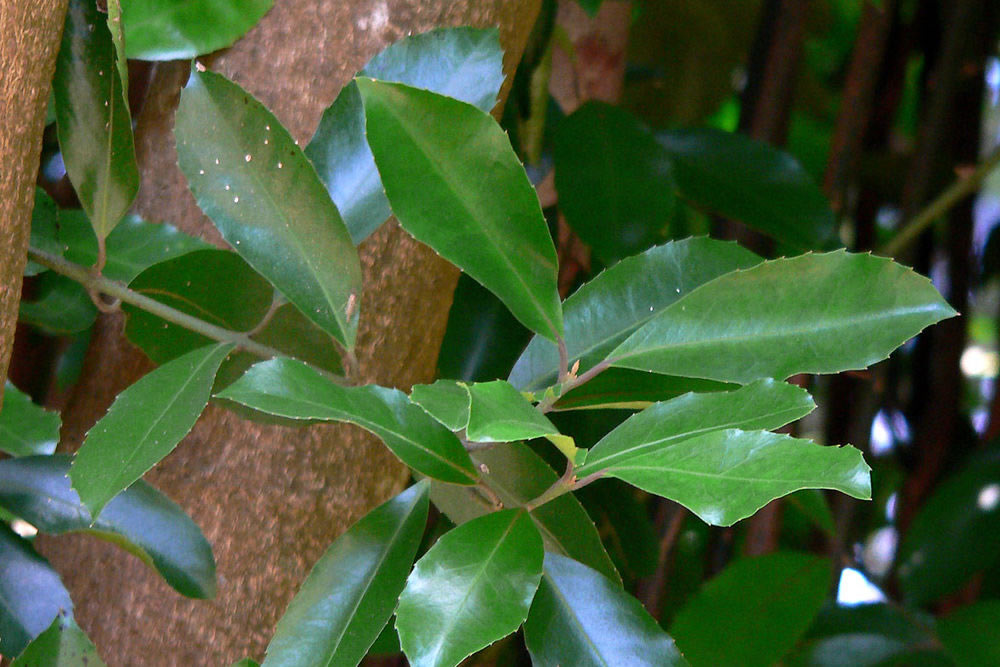
- Medium growth
- Mature Height: 10m
- Tolerates dry and wet
- Prefers shelter
- Bird Friendly
- Possum hardy
Titoki
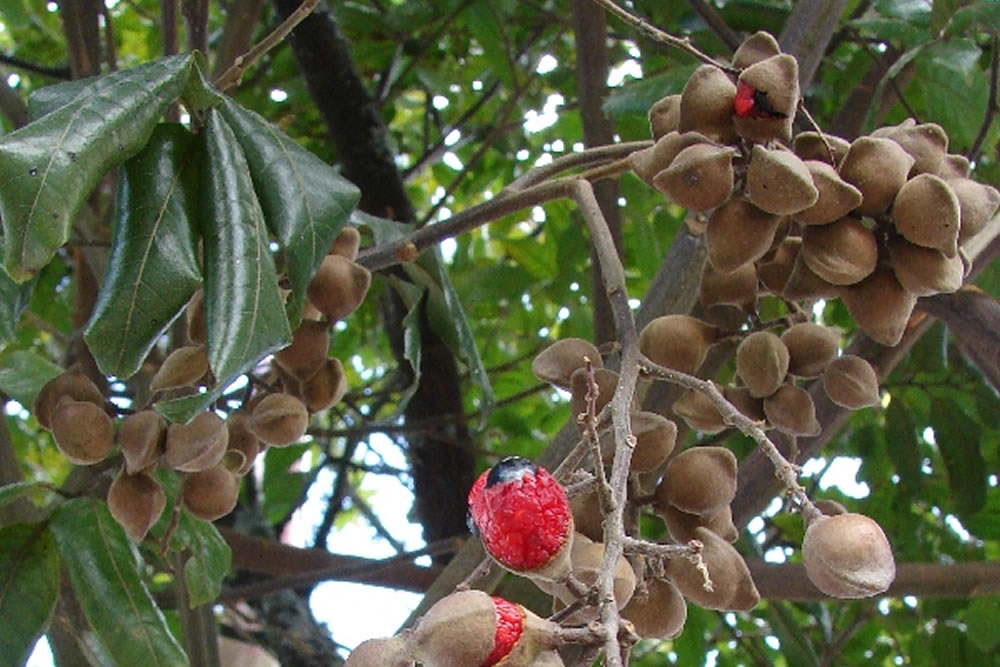
- Medium growth
- Mature Height: 6m
- Prefers wet
- Prefers shelter
- Bird Friendly
- Eaten by possums
Podocarps
The tallest, grandest forest occupied the valley floors. This was dense podocarp forest with kahikatea as the principal species. Similar species dominated the lower slopes; however, lowland totara and matai were more common than kahikatea.
Totara
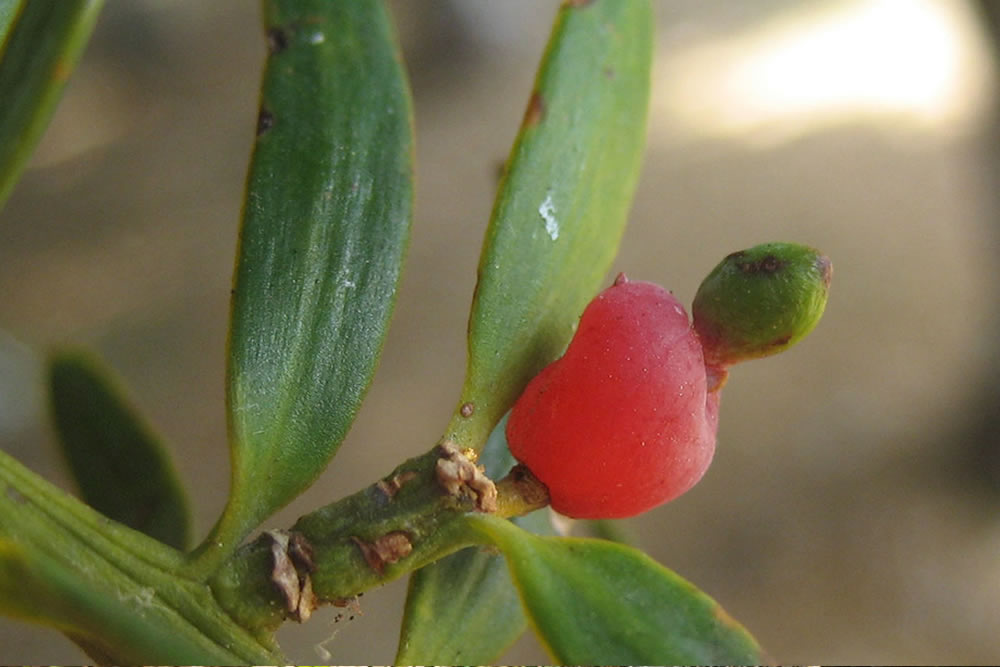
- Medium to slow growth
- Mature Height: 15m
- Tolerates dry
- Tolerates wind
- Bird Friendly
- Possum hardy
Kahikatea
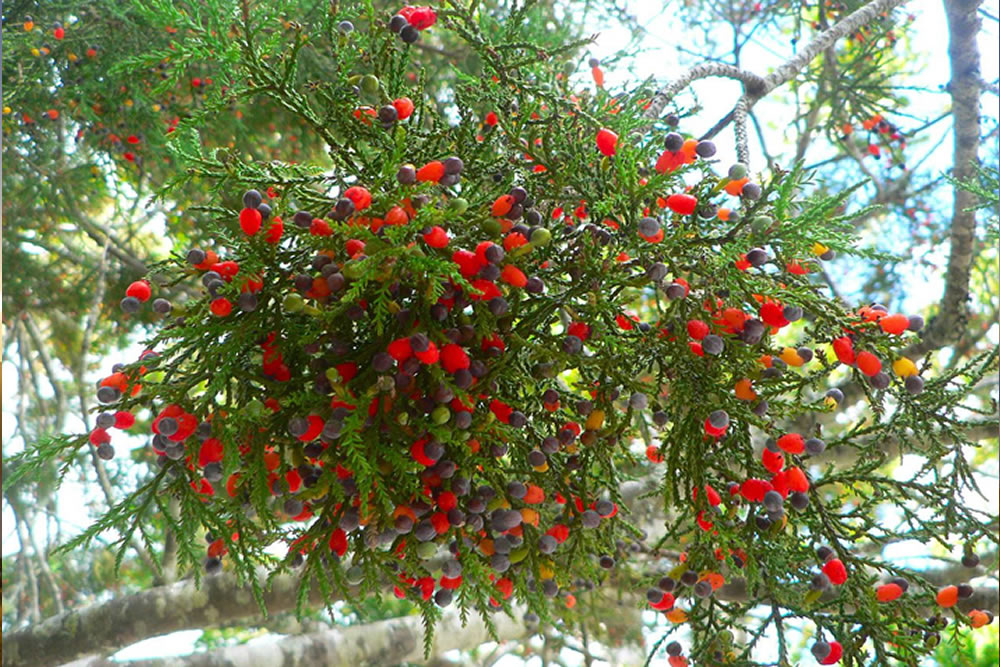
- Slow growth
- Mature Height: 50m
- Prefers moist soil
- Tolerates wind
- Bird Friendly
- Possum hardy
Matai
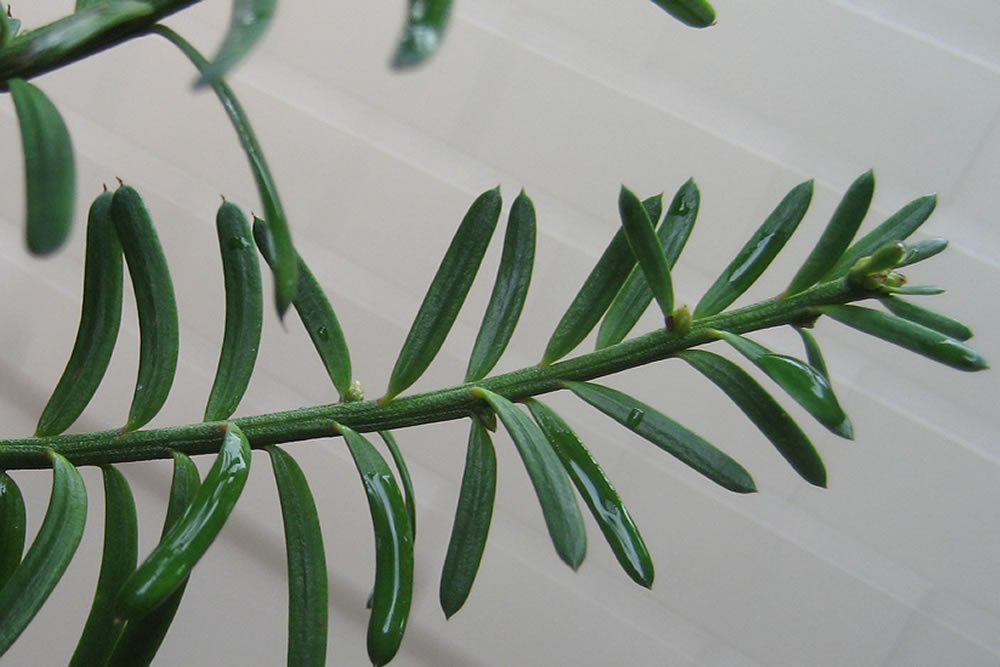
- Slow growth
- Mature Height: 20m
- Tolerates dry and wet
- Tolerates wind
- Bird Friendly
- Possum hardy
Miro
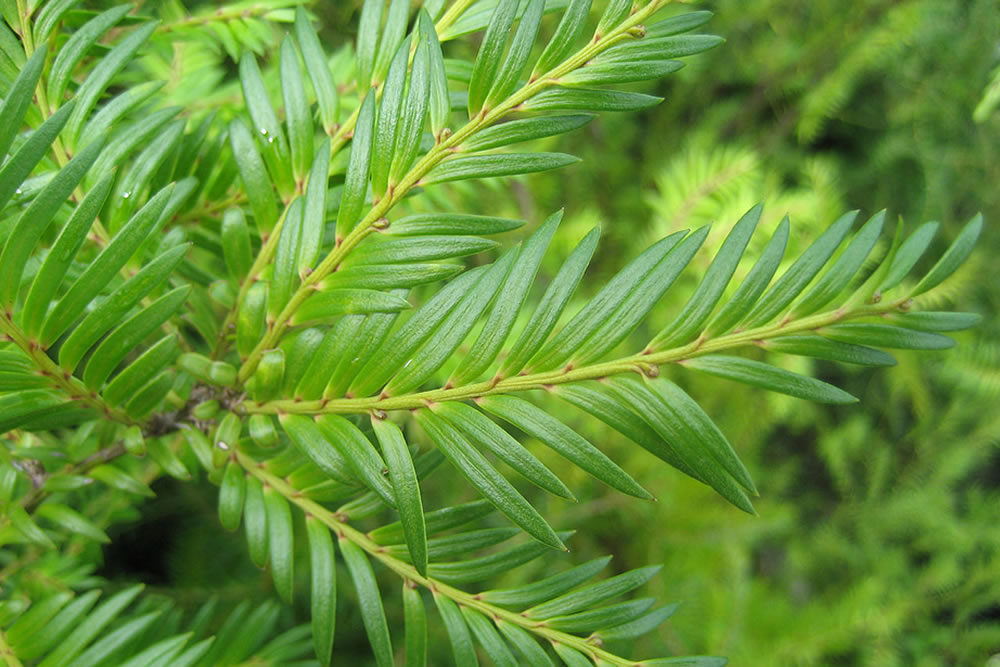
- Slow growth
- Mature Height: 25m
- Prefers moist soil
- Prefers shelter
- Bird Friendly
- Possum hardy
More Resources
- DOC – Native Trees of Banks Peninsula
- DOC – Seed collection calendar
- Trees that Count – Canterbury Regional Guide for Planting Natives
Let’s work together to help reWild Wainui!
Join our community initiative to reduce Weeds, remove Pests and replant Natives.